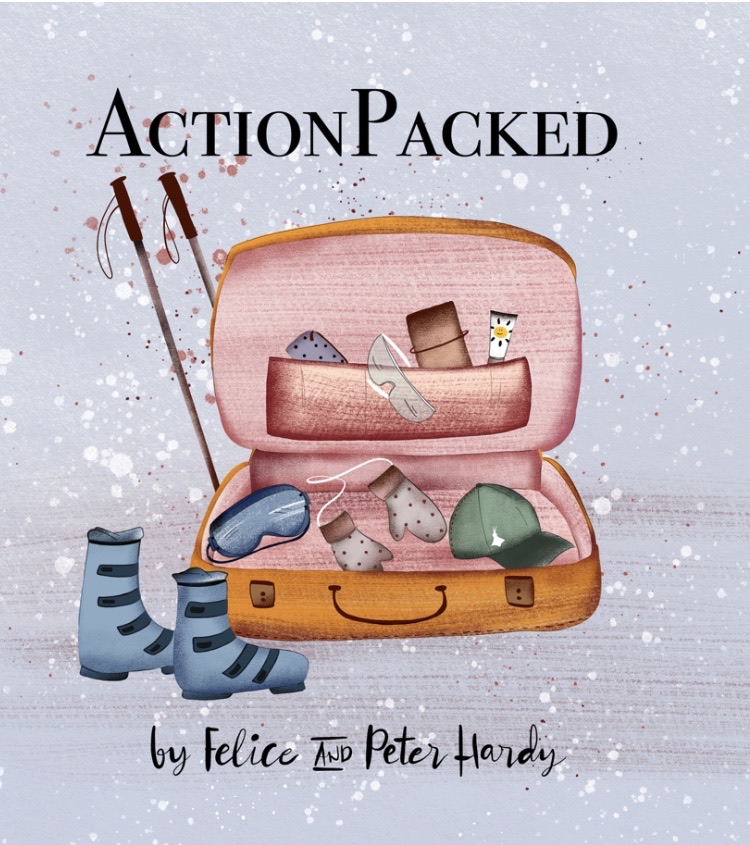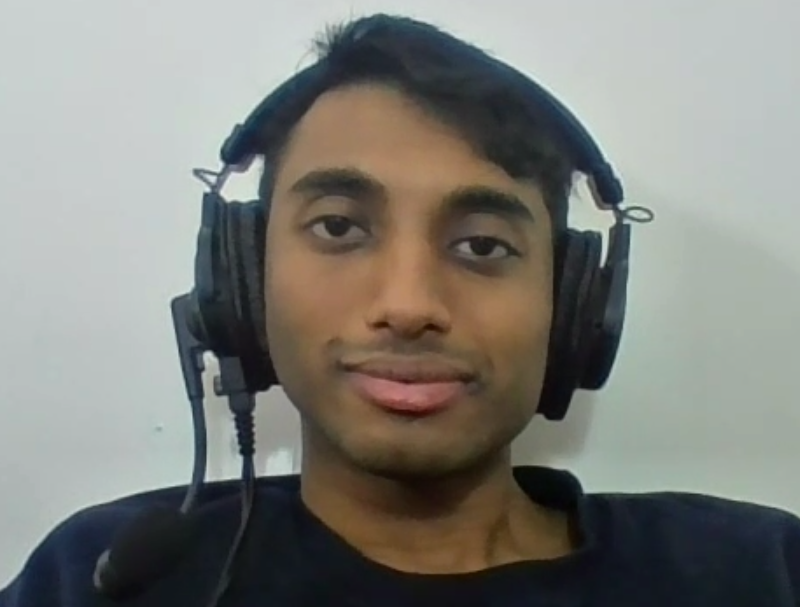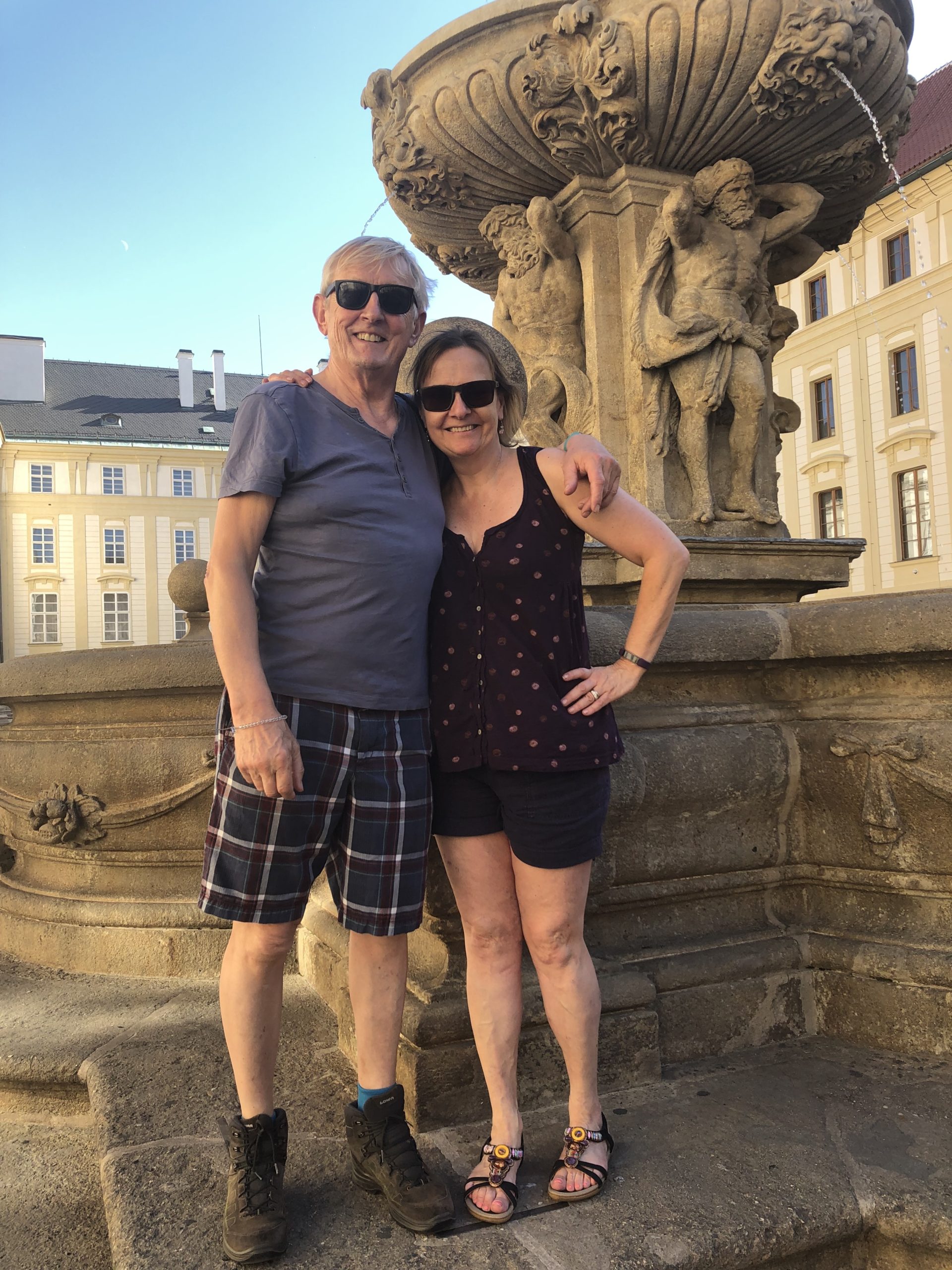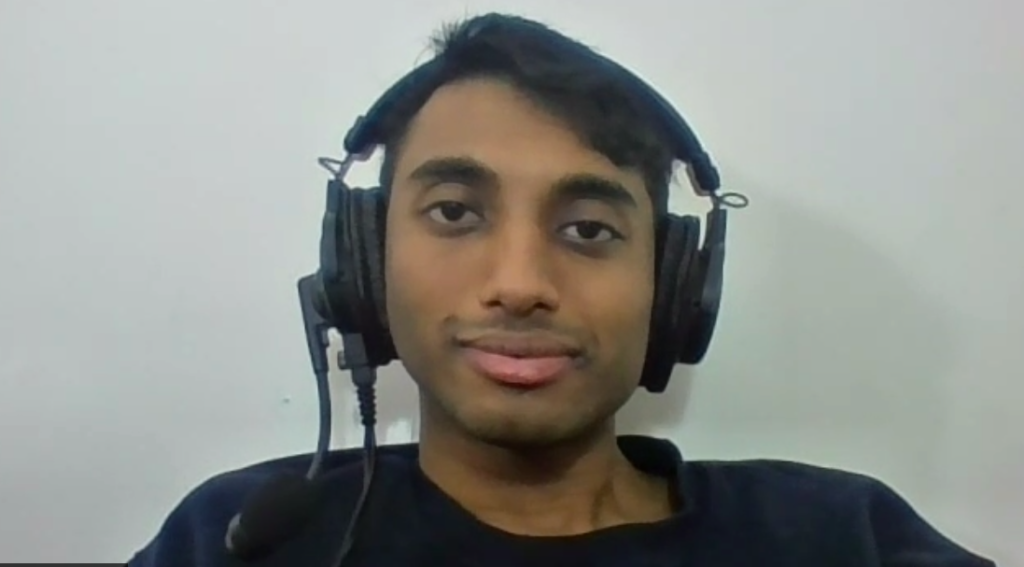
Peter Welcome to our travel podcast. We’re specialist travel writers and we’ve spent half a lifetime exploring every corner of the world.
Felice So we want to share with you some of our extraordinary experiences and the amazing people we’ve met along the way.
Peter This week, we’re talking to Brenden Kumarasamy. Brendan is a Canadian public speaking coach. Now, just what public speaking has to do with Action Packed Travel? You may well ask.
Felice But how often have you visited a new country where you don’t know a single word of the language and you want to discover what makes a new place tick? But because the language barrier and the lack of confidence in your ability to interact with others, there’s no real communication. You might just about manage ‘please’, or thank you in another language. Otherwise you’ll probably give up.
Peter Back in 1991, I remember going skiing in Hokkaido, the Northern Ireland of Japan. I was staying at the Club Med village of Sahoro, a Club Med created specifically for the Japanese rather than the international market. Thirty years ago, the ski industry on Hokkaido was in its infancy before the invasion of Australian resort developers. Almost no one spoke a word of English and the island and the people felt culturally completely mystifying and yes, even alien.
Myself and my companions also wanted to visit two other resorts before we set off for the local rail station. The Chef de voyage at Club Med gave us luggage labels like Paddington Bear to hang around our necks. These roughly stated in Japanese…well at least I hope they did: ‘If you find this ridiculous Westerner wandering around and utterly lost because of his lack of language skills, please look after him and send him back safely to the following address.’
Felice But Brendan is in his mid 20s. He’s fluent in three languages and he tells us he that can do karaoke in eight. He says we’re doing it all wrong – and he should know because he started a YouTube channel called MasterTalk, which is specifically to help people manage communication. His view is that if you can master the skills of public speaking, then the need for fluency in foreign languages becomes a lot less important.
Peter In the 90s, Brendan’s parents emigrated to Montreal from a small village in Sri Lanka.
Brenden Growing up, I had to learn a new language from scratch. I spoke Tamil and English mostly. But to succeed at the city, you needed to speak the French language. So I grew up with a lot of kids who only do French. So it was really hard for me to communicate with them, whether it was in presentations, whether it was in conversations. And it’s a challenge I had to overcome in my younger days. But obviously I’m very grateful today since I speak French, English and Tamil. So it’s been a fun journey.
Peter So after college, you did something quite extraordinary. You became a public speaking coach out of nowhere. How did that come about?
Brenden So what happened there was when I was in university, Peter, I used to do these things called case competitions. What that is essentially is a business gives you a problem and then through that problem you solve it. And so essentially what would happen in three years…when other guys my age were playing footy or rugby or cricket, which I wasn’t really into, I used that same energy and same competitive spirit into presentations, oddly enough.
Public Speaking Is Not Just About Presentations
So I did that for three years. And that’s the expertise I was able to bring into MasterTalk. And of course, for today’s conversation, what I also realise is that public speaking is not just about presentations, right. It’s about it’s about every interaction with everyone around you. I think what I realised when I was browsing through a lot of these YouTube videos myself, was a lot of the information wasn’t really good or was highly academic. You’d hear advice like ‘you should, like, be yourself’ or ‘get up on stage’. That’s what are you supposed to do with this? So I started making videos and, you know, and it started getting traction from there.
Peter I think it’s a very difficult thing to do. Public speaking personally, I find it difficult. As I get older, I find it easier, certainly, than I used to. And I used to be in a state of fear and shock as I stood on the stage. Then a gradually you overcome that. But how do you do this?
Brenden Yes, absolutely. I think the first thing that we could talk about is why the fear is there in the first place. And the reason the fear is there is because of the education system. Think about it. Almost every presentation you’ve given in your life is mandatory. You don’t wake up in the morning and say, ‘Hey, you want to get breakfast and present all day?’ I don’t really know anyone who says that. You’re presenting topics you don’t really care about. You’re presenting to students or at colleagues at work that you didn’t really choose to do. And the people around you don’t really have time to coach you either.
So we have a tendency to think of public speaking like a chore, like doing the dishes or doing the laundry. So whenever we need to practice it more, the reaction is rather, ‘Oh, geez, I got to work on this again.’ And that’s the perception that prevents a lot of us from being great communicators. So we need to do, especially in the context of travel, is to change the perception of public speaking from, ‘Ugh, I hate this thing’. To ‘Wow, imagine the possibilities that can open up for me if I knew how to communicate better,’ like going to a country that you know the language and being still able to communicate with your body language and facial expressions.

Do You Need To Learn The Other Languages Of The World?
Peter Well, let’s talk a little bit about going to other countries. Do you need to learn the other languages of the world or can you just get by as you are?
Brenden I’ve heard arguments for both, you know, there’s a lot of people like Chris Guillebeau who have been able to travel to every country around the world. And I think what’s fascinating about him is he never really tried to learn all the languages. So I think there’s a perspective for both in the sense of when you enter a new country, it’s always good to know a couple of words. Let’s say, in my case, I can actually karaoke in eight different languages, which is very bizarre, but it’s something that I can do. So whatever I go to a new country, like when I was in Italy a couple of years ago, I try and learn the basics to just show them that I’m trying. But I probably have most of the conversation in English.
Peter I can’t karaoke even in one, but you can Felice.
Felice Yes, I love karaoke. We’ve done it in Japan too, where it comes from.
Brenden Wow, that’s cool.
Felice If I go to another country, I just learn: please, thank you, hello, goodbye, sorry. Something like that.
Peter ‘My friend will pay. Take me to the British Embassy/Canadian Embassy.’
Felice So you don’t need to know a lot.
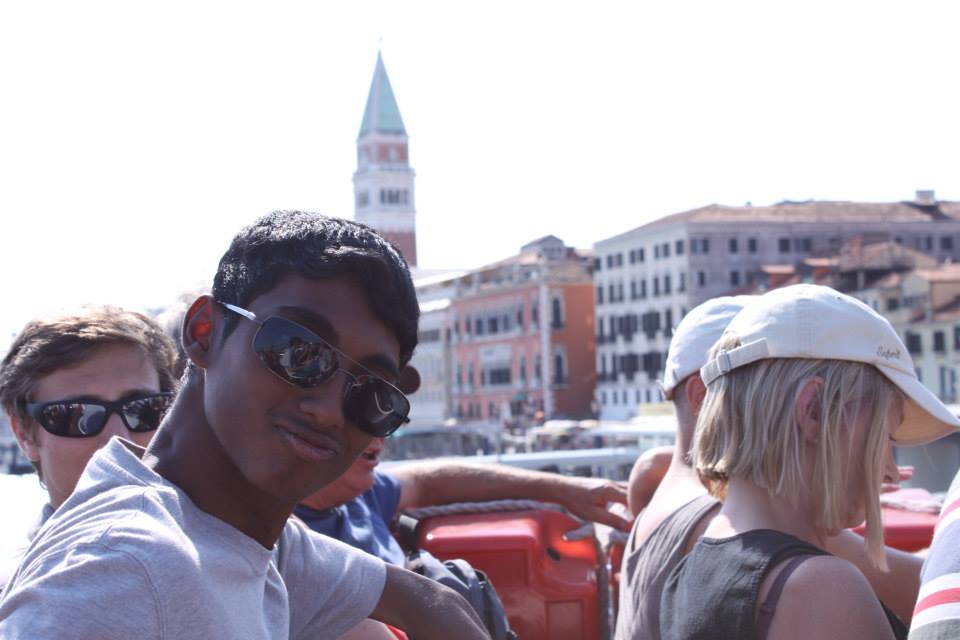
Brenden in Venice a few years ago
Brenden Absolutely, or I would just try to learn what I can. So, for example, when I went to Italy, it’s very similar to French, the roots are from Latin, it’s all the same. So I was able to learn a lot more. So a lot of people thought I was Italian when I went to Italy, which is so bizarre. Like I would walk into a pizza shop in Naples and I would be I would say things like, ‘Buongiorno, Una Marguerita per favore.’
They would just be like, ‘Oh, this guy’s Italian.’ And I’m just like, ‘No, I’m not.’ So that’s the point, depending on where you’re going, I would probably try and get 50, 100 words together, just to show people that you know something about the language. And then after I would try converse the rest in English with a big smile.
Felice And in other countries they always love to practice their English, too.
Peter Well, that’s always a bit of a problem. I work a lot in France and I speak reasonable French, but every time I speak French, they want to talk back to me in English. And it can get really annoying too, especially in emails where they would always email me in English. But actually if they emailed me in French would be quicker and the level of communication would be much higher. But they want to learn English.
Brenden Absolutely, yes, there’s always arguments on both sides. But I think one big thing a lot of people need to do is to try and understand the cultural context of the country. Like, for example in Japan there’s a lot of things that that you need to keep in mind when you visit that country that are very different than Westernised society. So it’s about reading up on those cultural norms. But in general, you’ll be fine.
The Importance Of Confidence
Felice So do you think confidence is an important part of this?
Brenden Absolutely. You know, I think one one easy tip that people can take away is how do you mirror the energy of somebody else? So, for example, in this show, the hosts, both of you, are a bit more on the introverted side. So notice how my vocal tones is actually matching the range that you’re communicating. But I’ve obviously been on shows where it’s the complete opposite.‘Hey, Brenden, how’s it going man? I’m so excited to have you.’ And so I’m a lot louder. So notice just by that little thing, so you don’t need to know the language, you’re just mirroring the other person’s energy. It makes the other person feel that:‘Wow, this person really gets me, this person really wants to be a part of my life.’ So that’s a decent thing people can do.
Peter And presumably pauses in presentation are really important to get your point across, not to gabble?
Brenden Absolutely. So this goes back to this idea of filler words, you know, when you’re in a conversation and you go, ‘Yeah.’ So the first part of understanding that is to figure out where they come from and why we say them. And the reason why we say them is because we want to buy time in a conversation, so you asked me a question and I go, ‘Oh, let me get back to you. All right, here’s what I wanted to say.’ So we use it to buy time.
What the best speakers in the world do, the best communicators, is they still buy time. But the difference is that they say nothing. And that’s the secret that the best speakers never tell you, is that they can pause forever. Right, so obviously we’re not on forever, so I’ll probably just keep talking here. But the point is, as you get better with silences, you’re going to be able to pause more effectively and remove the filler words from your vocabulary. That’s why the advice I have for people is to practice the endless gaze. Go up to somebody in your house and just stare at them for five minutes and don’t blink. I mean, you can blink, but you can’t do anything else. And most people can’t last five minutes. So that’s the challenge.
Peter Certainly for me, it’s wonderful having you on the show, because I do the editing of the show and normally I have to take out all the ‘ums ‘and ‘ers’ and ‘so’ and ‘likes’ and everything else, but with you, you don’t speak at all like that. You just speak as you present.
Brenden Exactly, it’s a practiced art.
Felice So can you present in Tamil and French as well?
Brenden Definitely French, I’ve keynoted multiple times in that language. Tamil, I’m learning the ropes now. Look, I’m fluent in the language. I’ve been on podcasts in Tamil where an interviewer asked me questions just in that language and I answer just in that language. But if it’s keynoting, I struggle with it. Like, I don’t know how to read Tamil, but I know how to speak it.
Felice So have you been to Sri Lanka a lot in recent years?
Brenden No, actually, I only went once in 2003. We’re going again next year after 18 years of not going. But, yes, we’re excited to see. Especially me, since now I’ll probably remember the trip, because last time I went I was fairly young. So it’s going to be interesting to to visit my home country for sure. Sri Lanka’s a very small country, as you probably know since you visited. So it’s very easy to actually do the whole thing in a short period of time.
So essentially what people do in my community when we go to the country is we actually do the whole country. So we go there. But mostly it’s actually a lot of people, my culture, frankly, boring. So they don’t go surfing, they don’t go to beaches, they just visit families – all the 76 families in the country. Then we fly back. So I never went back. I just said: ‘Well, I don’t want to just see family.’
Felice It’s very beautiful though. And the food is delicious.
Brenden Oh yes, the food’s good. I’m glad you guys can take the pressure of the food too. It’s frankly spicy, too.
Peter Breakfast curry can be quite a challenge.
Brenden That’s true. Especially those who are new to it.
Felice Can you find Sri Lankan food in Canada?
Brenden Oh, yes, absolutely. It’s very multi diverse here, in the same way you can find Lebanese food or different foods, which is great. You know, a fun fact about Montreal is that it has the highest number of restaurants per square capita in North America. So there’s more restaurants than New York or Los Angeles, which is very interesting. So what’s great about that is you get food from around the world. I’m lucky that I have my mother’s cooking, so I don’t have much to complain about. But there’s definitely a lot of great spots where I could just buy Sri Lankan food if I want that.
Felice What’s it like living in Montreal? I’ve never been there, but I’ve been to Quebec City, which I found very cold in winter.
Brenden You know I hear this a lot from hosts. They go to Quebec City, but they don’t go to Montreal and Quebec City is the fun part. I mean, Montreal is the fun part, but Montreal’s been great to me. I thought multiple times of moving to Los Angeles or New York City or Chicago, but every single time I would go: ‘No, I’m going to stay in Montreal.’
It’s a great middle ground between European culture and Americanised culture. You’re in the middle. It’s a very European atmosphere, but everyone has Canadian or American accents. So it’s this nice middle ground where it’s not too crazy; you don’t need a car really to get around. And all my family’s here, so I don’t really plan on moving out any time soon. And the rent here is insanely low. You know, I think we were paying like, what, 800$whistler Canadian a month, which is nothing.
Felice Have if you travel around Canada a lot?
Brenden That’s the thing with most Canadians, I find, is that we don’t really travel to the rest of Canada that much except for maybe Toronto. And the reason is because the cost of the flight from Montreal to Vancouver, which is the other side of Canada, is the same price as a flight from Montreal direct to London, or Montreal direct to Los Angeles, or Montreal to New York. Definitely New York City, it’s much cheaper. So Canadians tend to travel out of country when we generally do. The only time we travel in country is when we go to Alberta for the Banff National Park or we go to Vancouver, places I still haven’t visited yet.
Felice Yes we know the Banff National Park, we go skiing there.
Brenden Wow, you’re both very well travelled. I love that.
Felice We’ve been to Whistler and Vancouver.
Brenden You’ve been to Calgary, but not Montreal?
Peter I’ve been to Montreal. I’ve been all over actually, one way or another, I did a tour. I wrote a book about James Blunt, the singer, a few years ago. So I toured with him and we did a lot. So we had a tour bus for three weeks and we went everywhere. It was fascinating. I loved it.
Brenden Wow, that’s cool.
Peter Now, do you have a bucket list of places around the world you’d like to visit?
Brenden Yes, definitely. I have a different approach to travel in the sense that I don’t really pick the destination. The destination picks me. So what do I mean by that? Well, whenever there’s a personal development conference, I just go to the conference regardless of where it is. So I’ll give you an example: so next year, assuming Covid is over at the right time, I’ll be in Estonia for a month. And the reason is because I didn’t really have a definitive going to Estonia, Tallin. It’s because there’s a personal development conference going on there for four weeks and I always wanted to go.
So for me, it’s really about connecting with people and making that serendipity easier to come by. So, yes, if Covid didn’t happen this year, I’d have gone to Amsterdam for a month, Jordan and the Middle East, there was a conference there as well. So I let the conferences pick the locations for me.
Felice And when you’re there, do you explore at all?
Brenden Oh, yes, absolutely. There’s usually a lot of locals who attend the event, so it’s generally pretty easy to to get around.
Felice I’m quite envious because actually Estonia is somewhere I’d like to go. All those Baltic countries, I’ve never been to any of them, and they sound very beautiful and interesting.
Brenden Yes, I agree. So I’ve been coaching for five years, but I started the YouTube channel really as a gift back to the community, and then it just gained traction from there. It’s been it’s been a fun journey.
Felice So how many people do you think you’ve coached so far?
Brenden Oh, geez. I would say high-touch, one-on-one, probably 70. But if everyone, including everyone, the group clients and speeches, definitely hundreds at this point.
Felice So when you’re not teaching people, how do you relax?
Brenden I mostly do it through spending time with family, reading books, podcasts. I’m a huge connoisseur of different books and podcasts. I’m a voracious reader and I’m a self-proclaimed nerd. So I spend most of my time just just learning from other great perspectives, you know, how people think about their life.
Felice So how do you reckon the journey you’ve been on has shaped the person you are today?
Ask Yourself One Hard Question Every Day
Brenden Yes, for sure. I think the one thing that I did, that I would love more people to do more of, is a habit I do every day. And the habit is: I ask myself a hard question every single day. So every day that I wake up, I ask myself questions like: what are you pretending not to know? If you had all the money in the world, how would you spend your time? If you died tomorrow, what would your funeral speech say about you? These are the questions that lead to great insights in our life. And I think Tony Robbins puts it best. ‘The quality of our life is solely determined by the quality of the questions that we dare to ask ourselves.’ So I think that’s really what’s made a difference in mine and helped me figure out a journey and how I wanted to build it.
Peter Now, you mentioned funeral speeches, and when you were 21, you wrote your own funeral of speech, is that right?
Brenden That’s correct.
Peter Was is a good one?
Everyone’s Going To Be A Great Communicator Someday
Brenden That’s subjective for sure. But I like to think it’s a good one. I think that’s the point of the speech for those of you who want to do it, is it’ll be internal to you. As long as it speaks to you and you get an emotional reaction out of it, I think it’ll give you a lot of clarity. Like for me, part of the speech really just focuses on this idea that I’m going to be dead in a couple of decades. So that means I’d better focus on undoing something important that’s going to contribute to the advancement of the human race. I think that’s what I realised and it came down to. And I ended up focused on communication – that ended up being the thing. So if I democratise that for the world, then I think everyone’s going to be a great communicator someday.
Felice So if people want to learn about public speaking, do you have a website they could look at?
Brenden Yes, YouTube is definitely the easiest way to go. That’s where all my free stuff is. So you can just type Mastertalk in the YouTube search engine and you’ll find me right there. So all of that stuff is free. You could check that out, learn a lot about communication and make your travel experiences better.
Felice And if people want to one-to-one, they can book you?
Brenden Oh, yes, absolutely. You know, my contact information is on the YouTube channel, so if you want to reach out for that, feel free to do so.
Peter So, Brenden Kumarasamy, thank you very much for appearing on the show. And we wish you the very best of luck in the future with Mastertalk.
Brenden Of course. Thanks to you, too, for having me. It’s great.
Felice That’s all for now. If you’ve enjoyed the show, please share this episode with at least one other person! Do also subscribe on Spotify, i-Tunes or any of the many podcast providers – where you can give us a rating. You can subscribe on Spotify, Apple Podcasts or any of the many podcast platforms. You can also find us on Twitter, Facebook and Instagram. We’d love you to sign up for our regular emails to [email protected]
© ActionPacked Travel
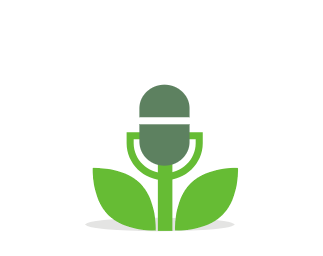
- Join over a hundred thousand podcasters already using Buzzsprout to get their message out to the world.
- Following the link lets Buzzsprout know we sent you, gets you a $20 Amazon gift card if you sign up for a paid plan, and helps support our show.
